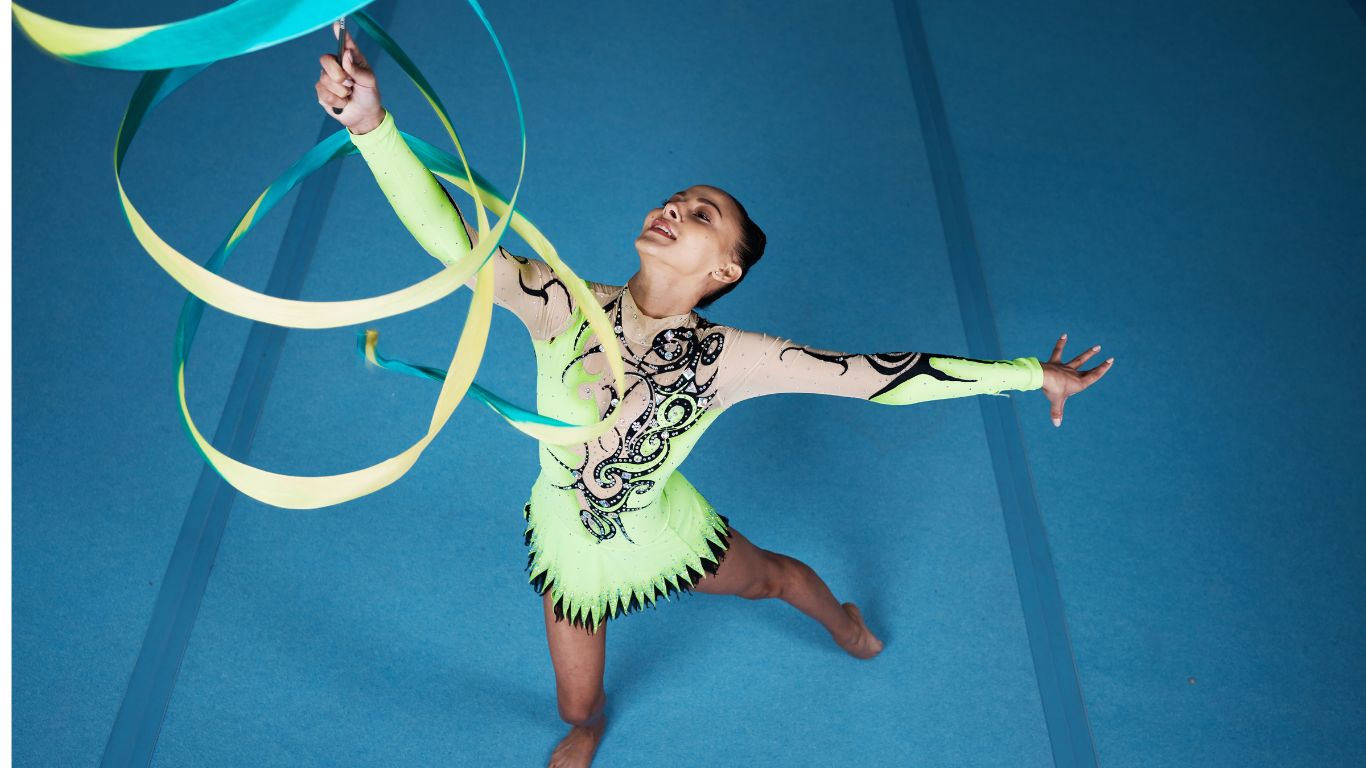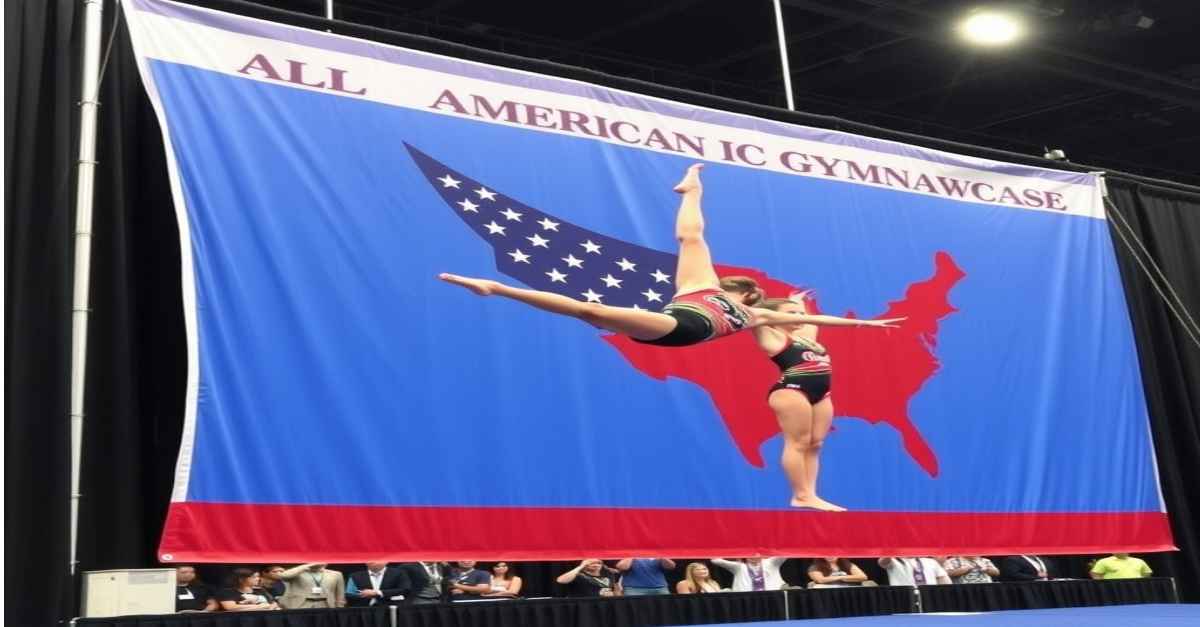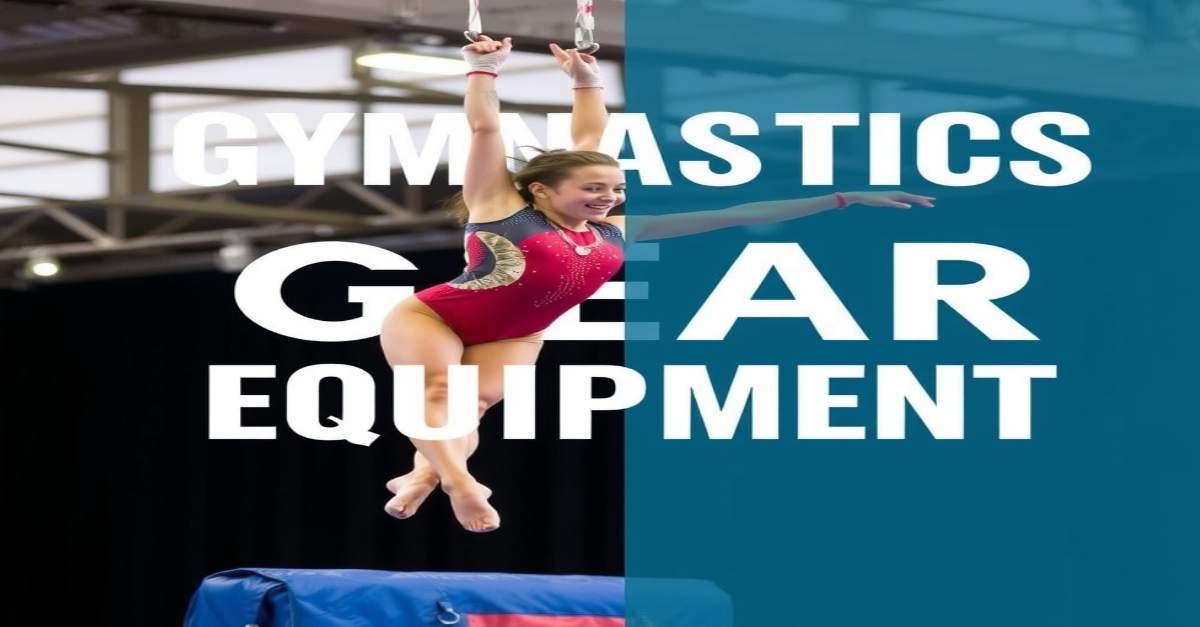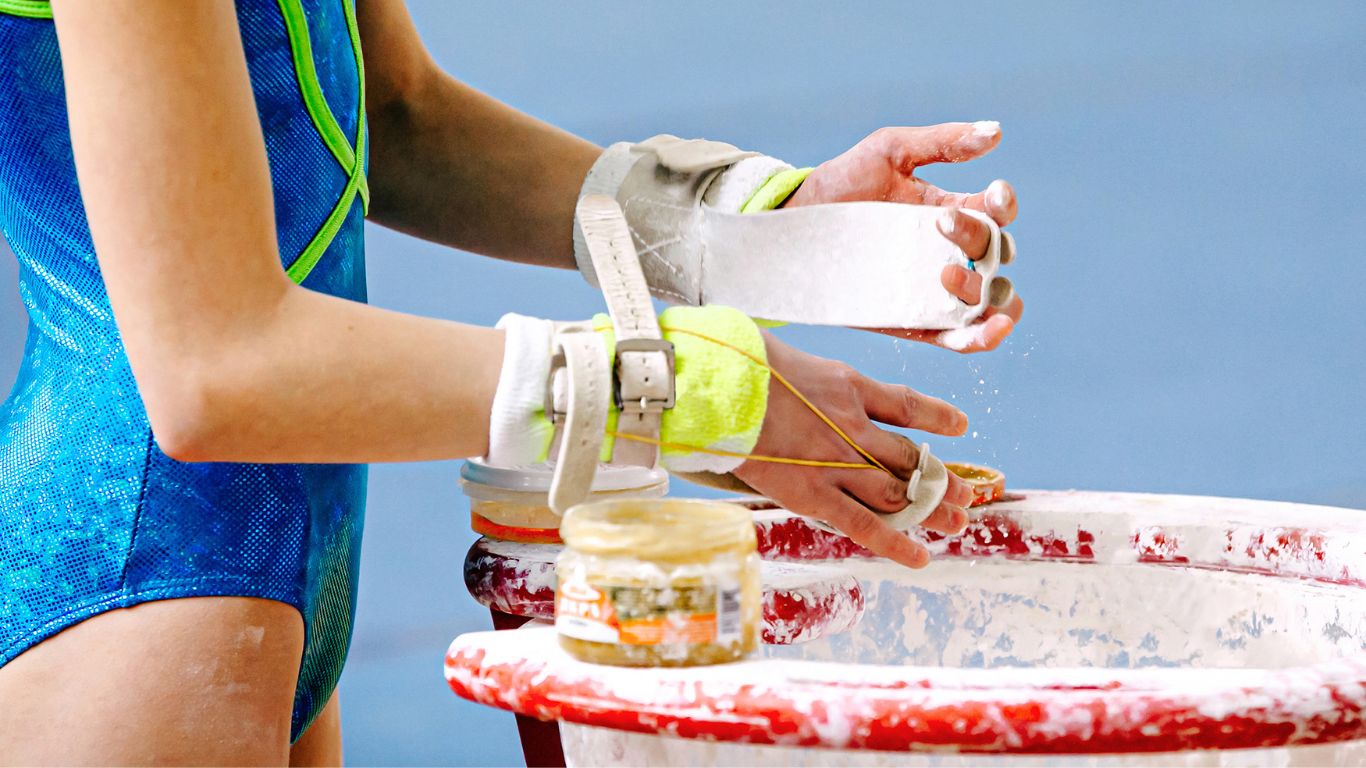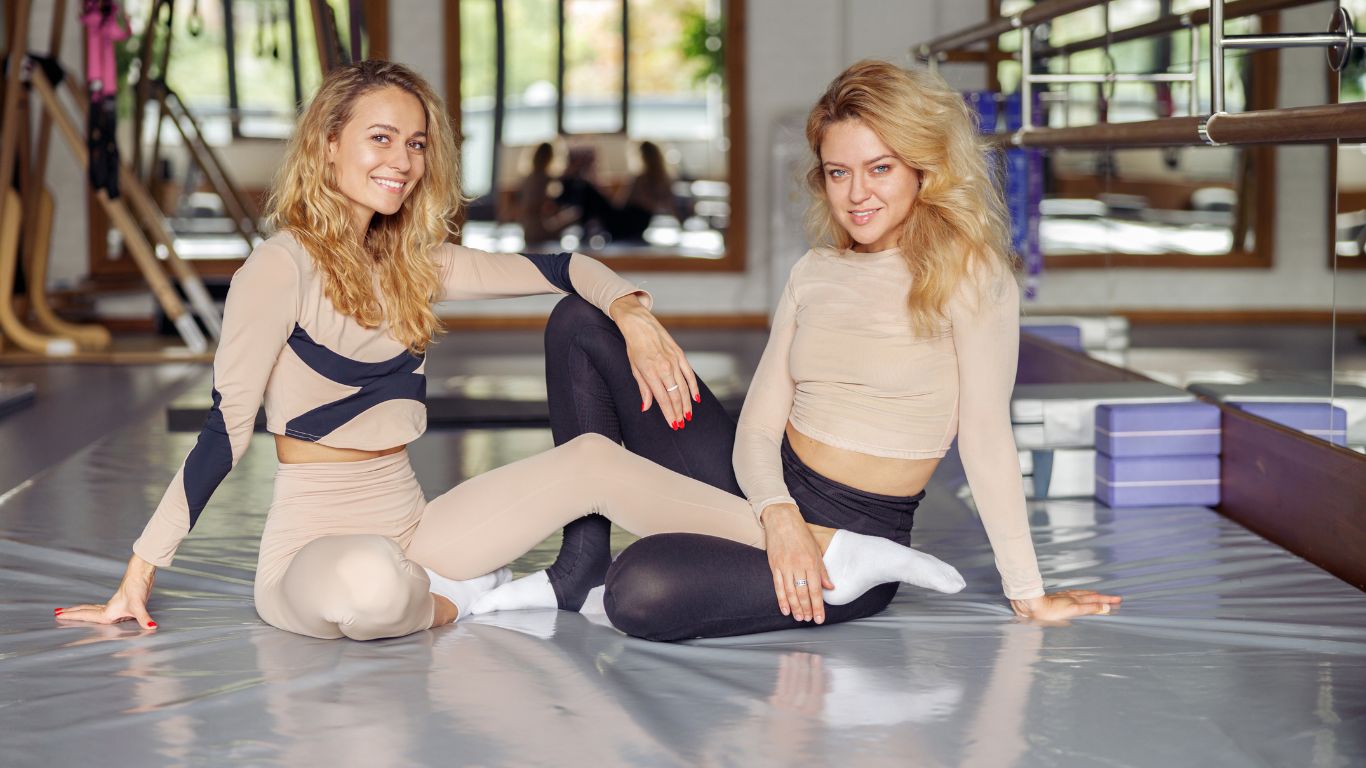Elite gymnastics represents the peak of competitive gymnastics, where athletes showcase unparalleled skill, strength, flexibility, and technique. Governed by the International Gymnastics Federation (FIG), this level includes prestigious competitions like the Olympics and World Championships. Athletes dedicate years to rigorous training, often full-time, to refine their routines and achieve excellence.
History of Elite Gymnastics Development
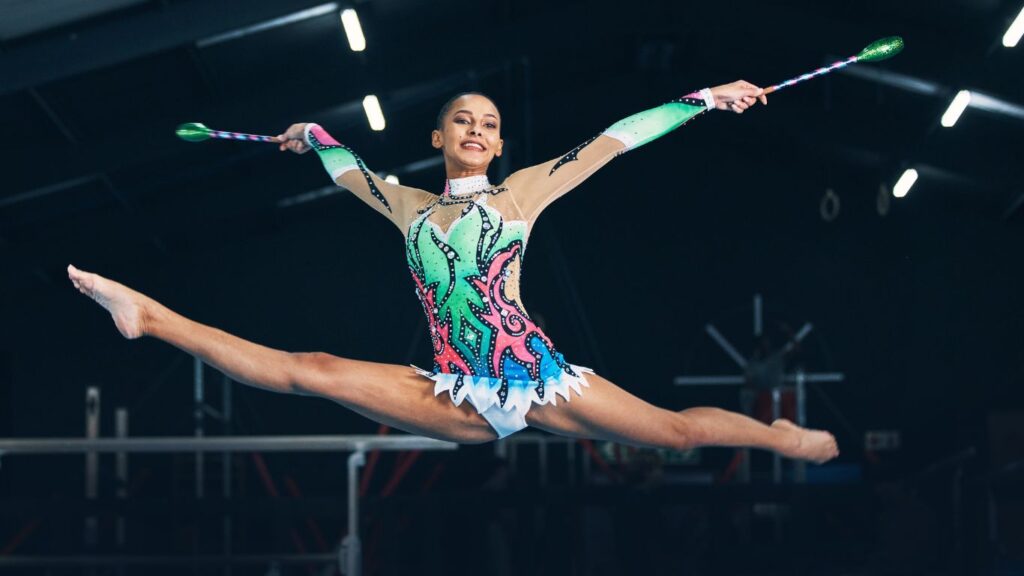
Elite gymnastics has evolved significantly over the years. Initially, the sport was a demonstration of basic acrobatic skills. However, as techniques advanced and the demand for more complex routines grew, it transformed into a discipline that challenged the very limits of human ability. The introduction of structured competitions like the FIG World Championships and the Olympics further propelled its development, creating a platform for athletes to push boundaries and innovate.
Key Differences from Recreational Gymnastics
While recreational gymnastics focuses on enjoyment, fitness, and essential skill development, elite gymnastics is characterized by:
- Technical Mastery: Athletes perform routines with high difficulty levels.
- Competitive Nature: Involves participation in international competitions.
- Intense Training: Requires extensive hours of daily practice.
- Strict Criteria: Meets rigorous standards for entry and progression.
Training Regimens for Elite Gymnasts
Training for elite gymnasts is intense, involving:

- Daily Sessions: Up to 6-8 hours of practice to refine skills.
- Strength and Conditioning: Essential for injury prevention and performance.
- Flexibility Training: Vital for executing complex maneuvers.
- Routine Development: Focused on precision and innovation.
- Diet and Nutrition: Tailored plans to maintain peak physical condition.
Major Competitions and Events Overview
Elite gymnasts compete in various high-profile events, including:
- The Olympic Games: A global stage that showcases the world’s best gymnasts.
- FIG Artistic Gymnastics World Championships: Where athletes compete for world titles and glory.
- Continental Championships include the Pan American and European Championships, which highlight regional talent.
Physical and Mental Demands Explained
Elite gymnastics demands not only physical prowess but also mental fortitude. The intense training schedules test athletes’ endurance, while the pressure to perform consistently at the highest level requires immense concentration and mental resilience. Overcoming injuries, maintaining motivation, and managing competition stress are part of the elite gymnast’s life.
Future of Elite Gymnastics Trends
The future of elite gymnastics promises continued evolution as athletes strive for new heights. Technological advancements in training and recovery and a growing emphasis on athlete well-being and mental health will shape the sport. Introducing new skills and judging criteria will challenge gymnasts to innovate continually.
FAQs
At what age do elite gymnasts typically start training?
Most elite gymnasts begin training young, often between 4 and 6 years old. This early start allows them to develop foundational skills and strengthen their bodies progressively as they grow.
How many hours do elite gymnasts train each week?
Elite gymnasts usually train between 20 to 30 hours a week, divided into multiple sessions. This rigorous schedule is crucial for mastering the complex skills required in the sport.
Are there any specific physical requirements for elite gymnastics?
While there are no strict physical requirements, elite gymnasts often display a combination of strength, flexibility, agility, and balance. These attributes are vital for executing challenging routines effectively.
What is the role of coaching in elite gymnastics?
Coaching plays a pivotal role in the development of elite gymnasts. Coaches provide technical instruction, mentorship, and support, guiding athletes through training, routine development, and competition preparation.
How is scoring determined in elite gymnastics competitions?
Scoring in elite gymnastics is based on execution, difficulty, and artistry. Judges evaluate routines against established criteria, with deductions for mistakes or imperfections affecting the final score.
Conclusion
Elite gymnastics is a testament to the extraordinary capabilities of human athletes. It inspires audiences worldwide by pushing the boundaries of what’s possible. The dedication and perseverance elite gymnasts display are a powerful example of what can be achieved through hard work and passion. Understanding and appreciating elite gymnastics highlights the importance of supporting athletes and celebrating the beauty and power of this demanding yet rewarding sport.






